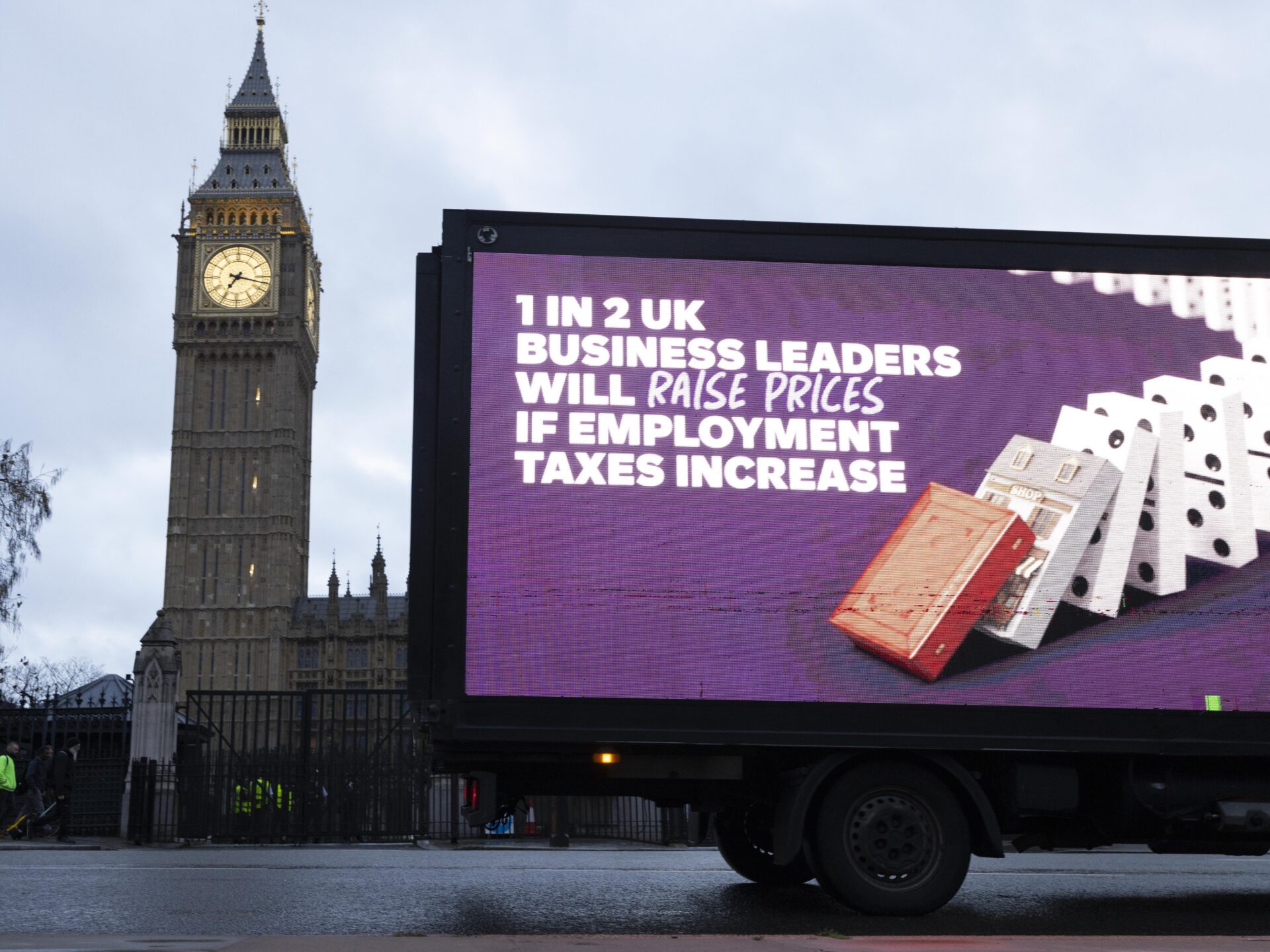Employment Hero has warned the UK Government not to raise employment costs in the Autumn Budget, after a survey showed half of senior business leaders would consider raising prices if costs go up.
The research found 86% of businesses were worried about the Budget, and 59% said the Government does not consider small companies when making decisions.
If employment costs increase, 49% of business leaders said they would look at price rises, 33% would delay hiring, and 24% would consider redundancies.
Employment Hero’s data showed employment rose by 2.3% in October and is up 1.9% on last year, with small and medium-sized enterprises (SMEs) still showing resilience despite uncertain conditions.
Kevin Fitzgerald, UK managing director at Employment Hero, said: “When you tax small businesses, you tax everyone.
“It creates a domino effect – higher costs lead to higher prices, fewer jobs and less money in people’s pockets. Small businesses employ the majority of our workforce.
“Make life harder for them, and you make it harder for Britain to grow.”
Fitzgerald added: “The Autumn Budget is an opportunity to learn from past mistakes. Our data shows the real impact last year’s employment taxes had on small businesses.
“Despite these challenges, they remain resilient as ever – with October tracking a 2.3% growth in employment.
“If the Government wants to continue this job growth and control inflation, they can’t keep penalising the very businesses that power our economy.”
He said: “We simply can’t afford a repeat performance. The way to get Britain working again is to back small businesses, not burden them.”
















